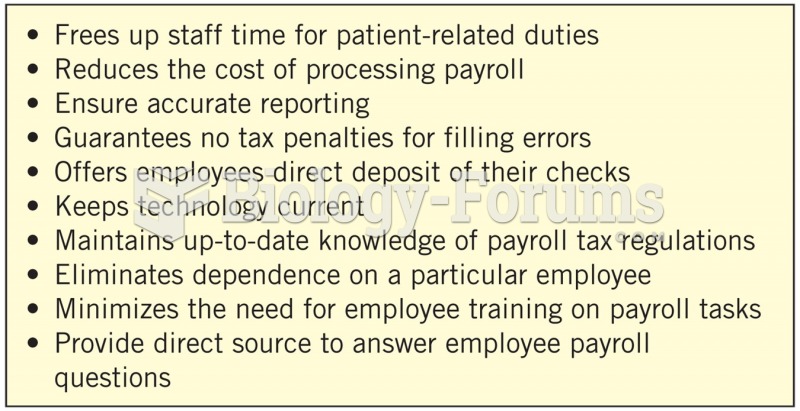|
|
|
Your heart beats over 36 million times a year.
Drug abusers experience the following scenario: The pleasure given by their drug (or drugs) of choice is so strong that it is difficult to eradicate even after years of staying away from the substances involved. Certain triggers may cause a drug abuser to relapse. Research shows that long-term drug abuse results in significant changes in brain function that persist long after an individual stops using drugs. It is most important to realize that the same is true of not just illegal substances but alcohol and tobacco as well.
There are 60,000 miles of blood vessels in every adult human.
If all the neurons in the human body were lined up, they would stretch more than 600 miles.
Most childhood vaccines are 90–99% effective in preventing disease. Side effects are rarely serious.







